Events at GSSW
A Hub for Social Justice and Civic Engagement
At the Graduate School of Social Work (GSSW), we’re serious about our role as a catalyst for social change in communities near and far. With topics that span social work and social justice interests, our events bring the University of Denver campus and broader community together to learn, grow, mobilize and drive change.
Be the first to know what’s coming so you don’t miss an opportunity to learn, grow and drive change.
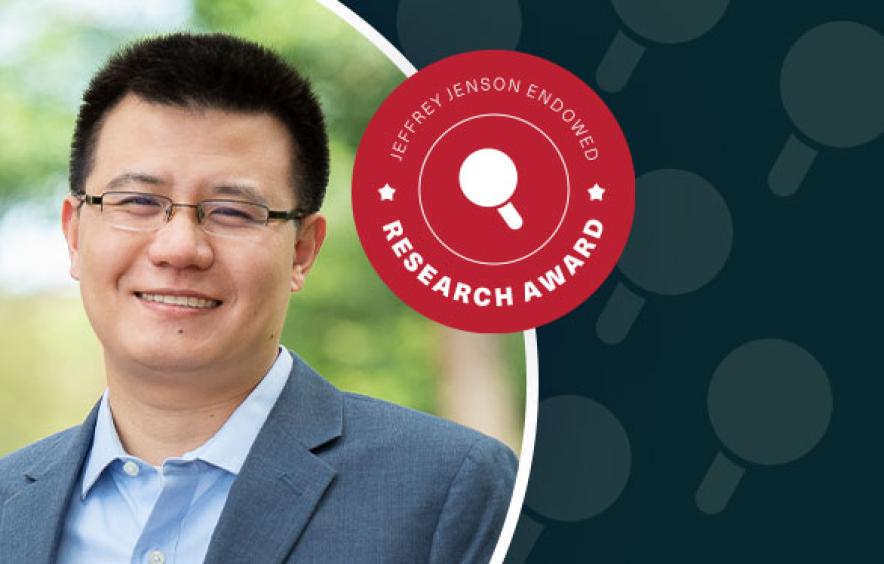
2026 Jeffrey Jenson Endowed Annual Research Award
Monday, March 9, 2026
Join us for "From Inequity to Dignity: Supporting Older Asian American Communities" with former GSSW Associate Professor Kaipeng Wang, now Associate Professor at the University of Washington School of Social Work. His research and scholarship focuses on improving the lives and care experiences of older Asian American adults, especially within Chinese American communities.
Dr. Wang will share how his community partnerships and research help older adults make informed choices about their care, honor cultural values, and access support that respects their dignity. He will also highlight Heart‑to‑Heart Café, a culturally grounded program created with community members to make conversations about future care more comfortable, welcoming, and meaningful. This event celebrates the power of community-driven solutions, cultural understanding, and collaboration to build healthier, more equitable futures for older adults.
- Monday, March 9
- 4 - 5:30 p.m. MST
- Craig Hall
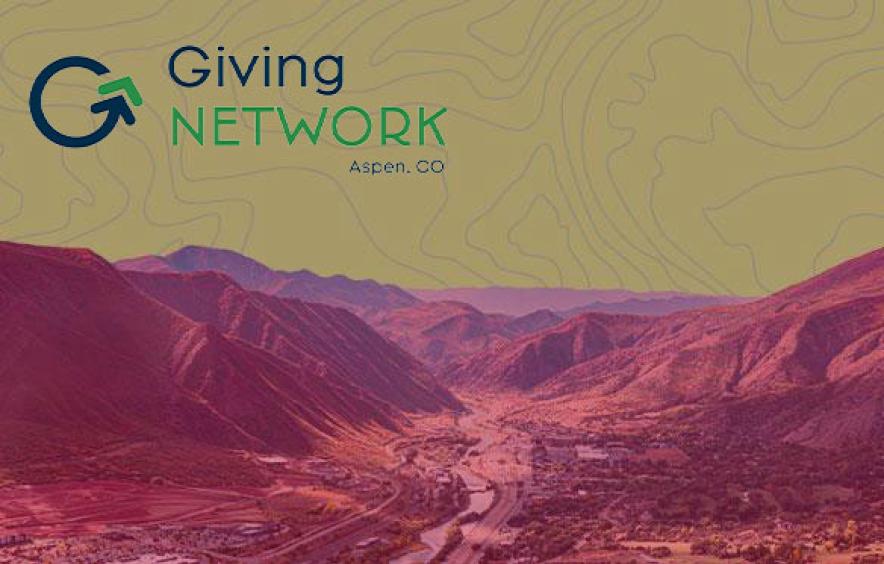
The Western Colorado Health and Housing Summit 2026
Thursday, March 12, 2026
Join us for a 1-day workshop funded by the Giving Network to learn about health and housing issues related to Western Colorado. Speakers will include Executive Director of Center for Equity Research Shetal Vohra-Gupta, Clinical Professor Michael Talamantes, Director of the Center on Housing and Homelessness Daniel Brisson and special address by Morris Endowed Dean Henrika McCoy.
*CEU’s for attendees
- Thursday, March 12, 2026
- 12:15 - 5 p.m. MST
- Morgridge Commons Meeting & Conference Center
-
12:15 MST | Talk & Q&A with Associate Professor Shetal Vohra-Gupta
Beyond Social Determinants of Health (SDOH): Cultural Determinants as an Analytic Blind Spot in U.S. Health Research
Beyond social determinants of health (SDOH), cultural factors—the shared values, beliefs, and attitudes within a group—play a critical role in shaping health behaviors and outcomes. Drawing from conceptual and empirical work, I argue that culture is too often treated as an individual-level attribute or proxy variable, rather than as a structurally produced set of norms, constraints, and survival strategies shaped by immigration policy, racialization, and historical exclusion. Using examples from Asian American, Latinx, and Native American populations, the talk illustrates how collapsing culture into SDOH frameworks obscures the structural mechanisms through which inequities emerge across generations and contexts. Integrating Cultural Determinants of Health (CDOH) into health research and practice enables the development of more culturally responsive interventions and equitable health policies, positioning culture as a central analytic category rather than a residual or background variable.
-
1:30 p.m. MST | Panel with Clinical Professor Michael Talamantes
Behavioral Health Workforce Development and Community Partnerships: Addressing the Needs of Western Colorado
Panelists TBD from local community
-
3:15 p.m. MST | Talk & Q&A with Professor Daniel Brisson
Permanent Supportive Housing and Dignified Design: The Built Environment as a Facilitator of Health and Well-Being
There is a great need for permanent supportive housing throughout Colorado and the country. Many say permanent supportive housing is a supply side issue with the demand far exceeding the supply. However, permanent supportive housing also has a social dimension, where people need access to supports and services to achieve independence and success. Dignified Design is an emerging approach to permanent supportive housing that uses the built environment as a facilitator to optimal health and well-being outcomes for permanent supportive housing residents. This presentation provides an overview of the need for permanent supportive housing, situates people at the center of the permanent supportive housing issue, and provides the latest information on dignified design as a leading approach in permanent supportive housing.
-
4:30 p.m. MST | Networking
Refreshments will be provided
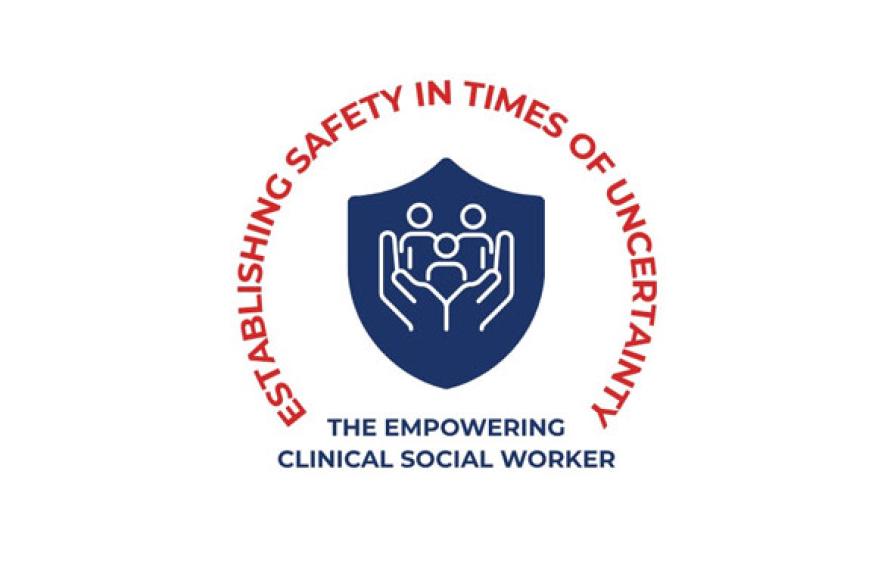
Establishing Safety in Times of Uncertainty: The Empowering Clinical Social Worker
2026 ABCSW Annual Conference | April 9 - 10
A Virtual Conference Jointly Sponsored by The American Board of Clinical Social Work and the University of Denver Graduate School of Social Work.
The ABCSW Conference Committee is excited to invite you to attend this live, interactive, virtual conference.
We are working in an atmosphere of growing anxiety that surrounds both our clients and the clinical social workers who are providing services to them in a society that feels increasingly unsafe to almost everyone. This hybrid conference will address that anxiety and enhance our attendees’ abilities to approach their clients with empowering hope and confidence, instead of fear and dread.
Speakers:
-
Mauricio Cifuentes, PhD, LCSW
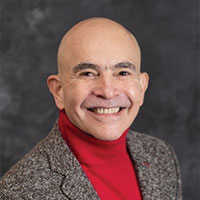
Current societal circumstances are having an impact on those directly facing their consequences, as well as on those who provide services to them and the community at large. Relational mental health providers, regardless of their personal views, are particularly sensitive and vulnerable to its impact. Helping professionals, based on the ethical mandates of their professions, are called to provide a holding environment for their clients. Yet, circumstances such as secondary trauma, and the tendencies to avoid, normalize, and forget trauma may make it more challenging to accomplish the professional ethical mandates. A better understanding of these dynamics can bring healing and restore hope and ultimately maximize the impact of relational clinicians. Using Psychodynamic theories and the Strengths perspective as frameworks of reference, our keynote speaker will expand on the above premises.
Dr. Cifuentes will help us understand the conditions we are trying to cope with today as a unique traumatic event and how it may impact clients and clinicians, explore some specific ways to enhance the wellbeing of clients vulnerable to being directly and negatively impacted by these conditions, and apply specific tools to deal with the potential conflict between the professional core values of the helping professions and the tendency to avoid, normalize and forget traumatic events.
Mauricio Cifuentes received a J.D. from the Pontificia Universidad Javeriana in Colombia, his country of origin. He subsequently immigrated to the United States and pursued both an MSW and a PhD from Loyola University Chicago. He has worked as a clinician, supervisor, administrator, and professor for organizations such as Saint Anthony Hospital in Chicago, Augsburg University in Minneapolis, Comunidades Latinas Unidas En Servicio (CLUES) in Minneapolis/St Paul, and Loyola University Chicago, where he oversaw the first online, bilingual Masters in Social Work. Currently, he is the Director of Programs for Family Service and Mental Health Center of Cicero, Illinois.
-
Jennifer Bulow, LCSW, PhD
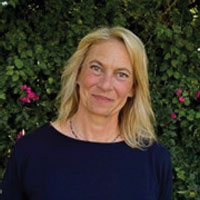
At the heart of psychotherapy is a human relationship. When one, or both, of those in the therapy dyad are in pain, scared, or overwhelmed, that internalized experience can move into the therapeutic space. A therapist uses their professional wisdom and training to manage their own emotional states in ways that meet the needs of the treatment at hand; however, we must explore the impact of scenarios in which the existential and real threats challenging individuals are shared, chronic, and on-going. At times, therapists can be as troubled and distressed as many of their clients. Regulation and neurobiological theories add depth to our potential to understand this phenomenon in psychotherapy sessions, particularly considering the intrusive nature of news and social media.
Dr. Bulow will present concepts of safety, therapeutic presence, and right brain resonance. She will describe the mechanisms by which safety is communicated and experienced on a cognitive, affective, and neurophysiological level between individuals and encourage us to consider the impact of our own response to external realities on our own sense of safety and therapeutic practice.
Jennifer Bulow has worked with children, adolescents and adults in a variety of community based settings and private practice. Currently, she has a private practice in the Atwater Village neighborhood of Los Angeles, working primarily with individual adults and couples. Jennifer has a clinical interest in contemporary relational psychodynamic work, interpersonal neurobiology, and affect regulation. She completed her Masters in Social Work at University of Southern California. Her doctoral education was completed at The Sanville Institute based in Berkeley, CA, and the doctorate was conferred at the Institute for Clinical Social Work based in Chicago, Illinois. She is adjunct faculty at The Reiss-Davis Graduate School (at Southern California University of Health Sciences), teaching doctoral students neurobiology, affect regulation and classical and modern attachment theory.
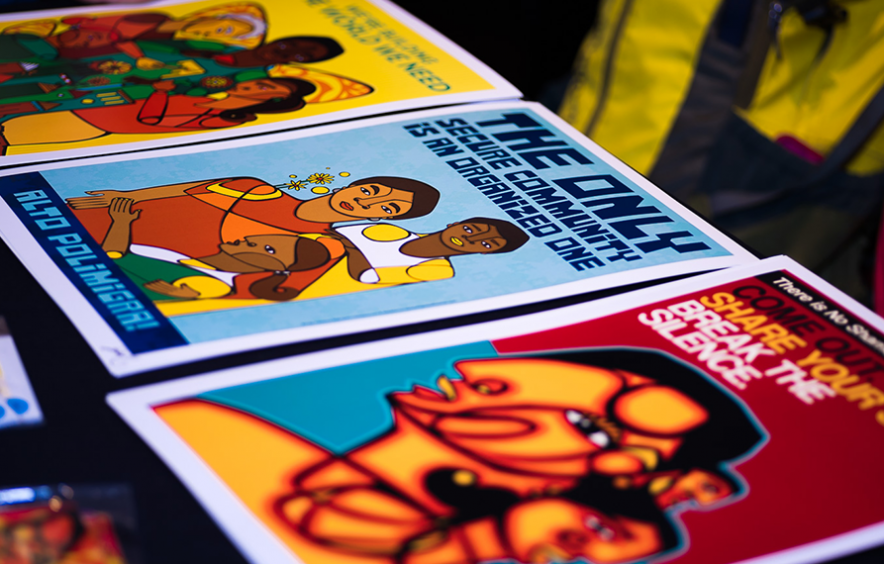
Events That Engage
Over the past two years, more than 10,000 people in 21 states have participated in GSSW events either online or on campus. All of our events are designed to be inclusive and accessible — most are free and many are live streamed. We invite alumni and experts from throughout the campus and community to share their knowledge.




